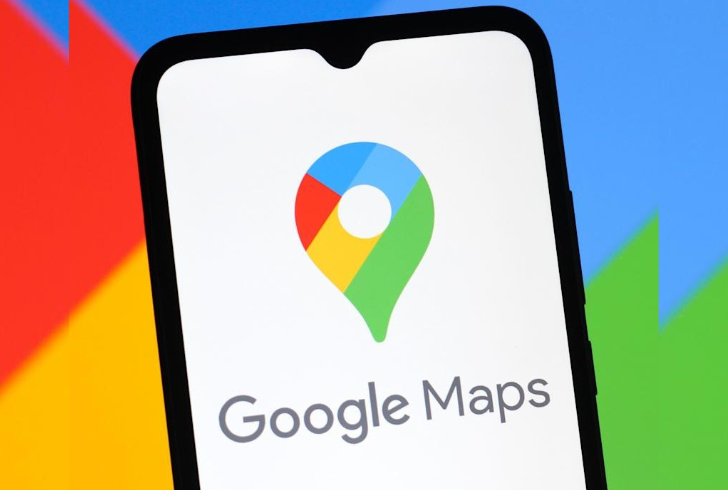Google has launched a lawsuit against a network of fraudsters who manipulated Google Maps, creating fake business listings and misleading users. These scammers hijacked around 10,000 business profiles, deceiving customers and misdirecting calls for services such as locksmiths and repair services.
The lawsuit primarily targets a Maryland-based individual accused of orchestrating the scheme and coordinating fraudulent activities worldwide.
How Scammers Exploited Google Maps
For two years, the main suspect allegedly abused Google’s services by setting up non-existent businesses and filling their profiles with fake reviews. This deceptive lead-generation tactic misdirected unsuspecting customers to fraudulent service providers, often leading to overpriced services and scams.

One common scam involved a victim searching for a locksmith on Google Maps. After calling the listed number, the customer would be rerouted to an unrelated service provider. These unverified locksmiths often charged exorbitant prices upon arrival, taking advantage of the customer’s urgent need for help.
Google’s legal team highlighted the harmful impact of these fraudulent activities, stating that such manipulations erode consumer trust in Google Business Profiles. The company emphasized that business owners and users rely on Google Maps for accurate and secure information, making this fraudulent scheme particularly damaging.
Google’s Investigation and Response
The lawsuit traces back to a complaint from a legitimate locksmith in Texas who discovered his business was impersonated on Google Maps. This prompted a deep investigation, revealing a larger pattern of deception.
Google used:
1. Automated scanning tools to detect suspicious activity
2. A dedicated analyst team to verify complaints
3. A review system to track fraudulent accounts
These efforts uncovered thousands of fake business listings, many of which scammers had taken over from legitimate businesses. As a result, Google removed the fraudulent listings, blocked the associated accounts, and filed legal action against those responsible.
Despite these actions, the lawsuit states that the Maryland-based scammer continues to operate, with recent fraudulent activities targeting businesses in the Washington, D.C., area.
Google’s Efforts to Protect Users and Businesses
Google’s General Counsel, Halimah DeLaine Prado, issued a strong statement reinforcing the company’s zero-tolerance policy on impersonation scams. She emphasized that fake business listings violate Google Maps’ policies, and the company remains committed to using legal measures to hold scammers accountable.
Additionally, Prado urged consumers to stay informed about potential scams. She recommended:
1. Visiting ScamSpotters.com for updated scam alerts
2. Verifying business URLs before sharing personal details
3. Avoiding suspicious requests such as gift card payments or wire transfers
4. Being cautious of spelling errors that may indicate fraudulent business profiles
The Challenge of Detecting Fake Listings

Cybersecurity experts warn that detecting large-scale fraud remains a major challenge, especially as scammers leverage automation and AI tools.
Josephine Wolff, a cybersecurity professor at Tufts University, highlighted how small groups of individuals can generate thousands of fake reviews and business listings with minimal effort.
Google’s lawsuit includes examples of suspicious activity, such as reviewers leaving identical feedback across multiple businesses in different states and countries.
Wolff pointed out that while automated detection tools help flag fraudulent activities, human verification is still necessary to assess the authenticity of reviews and business profiles. This time-consuming process makes it difficult for tech companies to stay ahead of increasingly sophisticated scammers.
Protecting Digital Marketplaces
Google’s legal action sends a clear message to scammers—manipulating business listings and deceiving consumers will have legal consequences. However, this issue extends beyond Google Maps. Fraudulent business listings thrive on various online platforms, including social media marketplaces, review websites and e-commerce platforms.
To address this growing problem, companies must:
1. Strengthen AI-driven fraud detection to identify and remove scams faster
2. Enhance verification processes for business listings
3. Encourage users to report suspicious activity to prevent further deception
By taking a firm stance against business listing fraud, Google aims to restore trust in its platform while discouraging scammers from exploiting digital marketplaces in the future.
